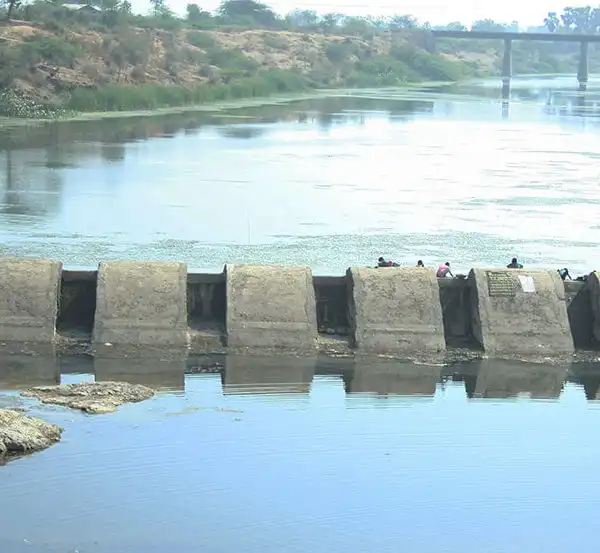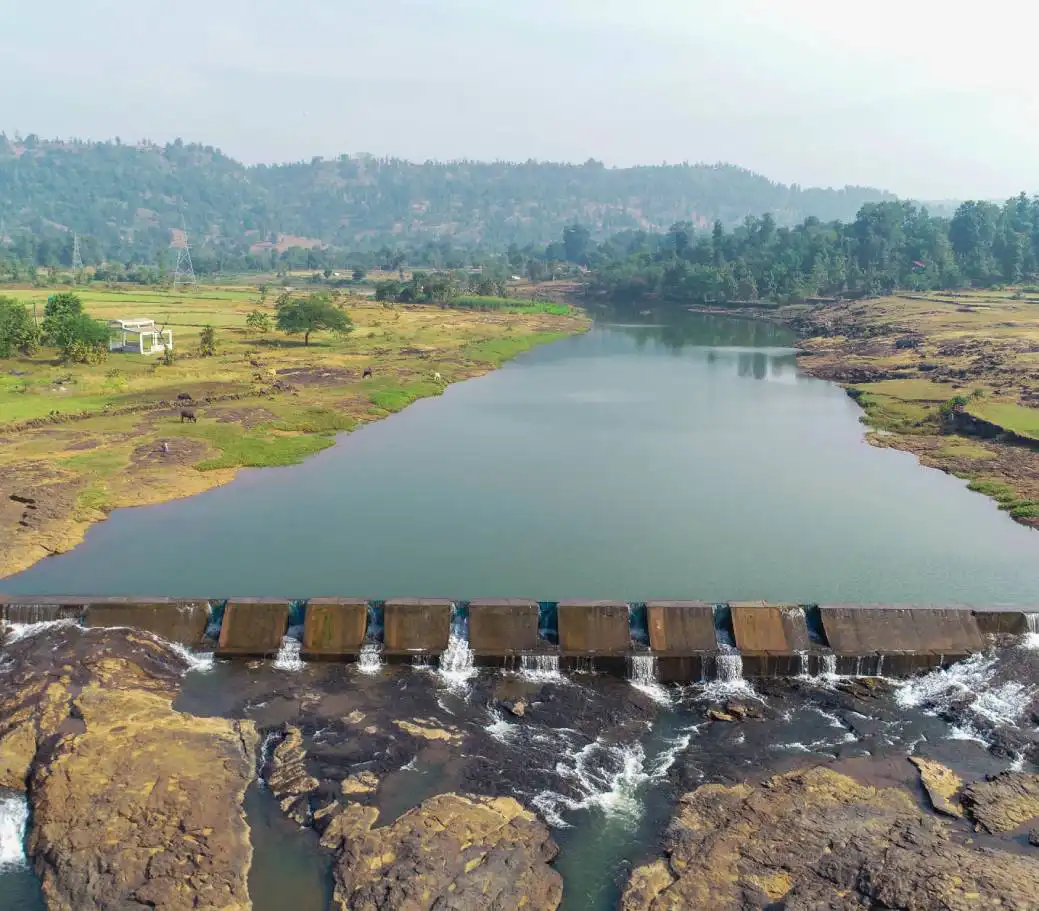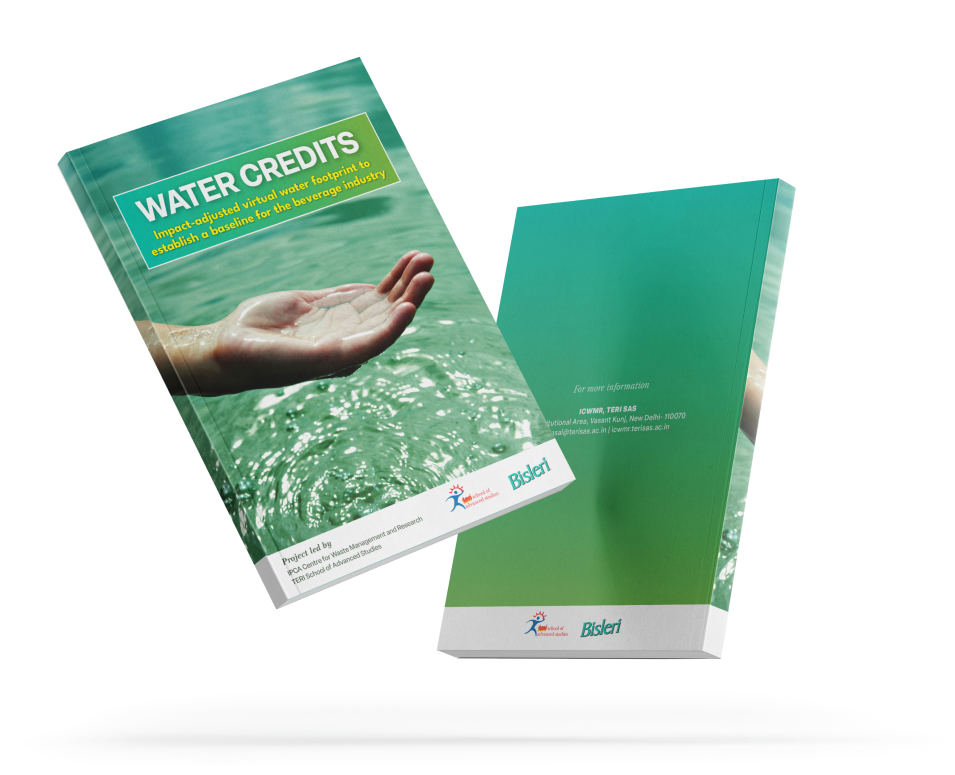
95% of the rainwater is lost through run-off into the sea. With hardly 5% of the available rainwater being put to use, the huge wastage of this precious resource is alarming.
Our negligence in making effective use of rainwater has led to the declining level of ground water. Moreover, with unpredictable monsoons, lot of villages face water scarcity through the year which makes it difficult to sustain even normal life
According to the UN, 2.3 billion people globally do not have access to safe water at home.
PROJECT Nayi Umeed’, an initiative by Bisleri International Pvt. Ltd., focuses to conserve rainwater by building and restoring Check Dams. Check Dams help store the surface water for use both during and after the monsoon. It also helps in recharging the groundwater in the area.
Bisleri undertook the first Check Dam project in 2001 at Village Bara in Kutch, Gujarat. Since then, 250 Check Dams have been built or restored across Gujarat and Western & Central parts of Maharashtra. These Check Dams have helped harvest 25,047 million liters of water covering more than 53,557 family members benefited. A total of 17,928 acres of land has been irrigated turning all the barren lands into fertile farms. As a result, per farmer’s average annual income in some areas of Gujarat and Maharashtra has gone up to almost INR 45,000 - 4,00,000.

In 2023, we launched Reservoir of Hope in the remote villages of Leh, starting with Tyagar village in the Nubra Valley. We restored and repaired a reservoir that supports the livelihoods of local households. Continuing our commitment in 2024, we assisted in repairing and replenishing the local reservoir in Sumoor village, which is a vital water source for the community. Additionally, we restored a lake at Madras Christian College in Chennai, an ecologically important water source that sustains the rich flora and fauna in the area.
In our commitment to responsible water consumption, we have partnered with TERI School of Advanced Studies to launch an innovative study titled ‘Water Credits: Impact Adjusted Water Footprint’, where we have established a framework for water credits and promote sustainable water usage by businesses. This study outlines national and international policies on water trading, water credits, and financial instruments to help establish the concept in its early stages and provide a toolkit that can be adapted across industries to measure the baseline water footprints across businesses.


We do not support landscape mode,
please use the website in the portrait mode for best experience.